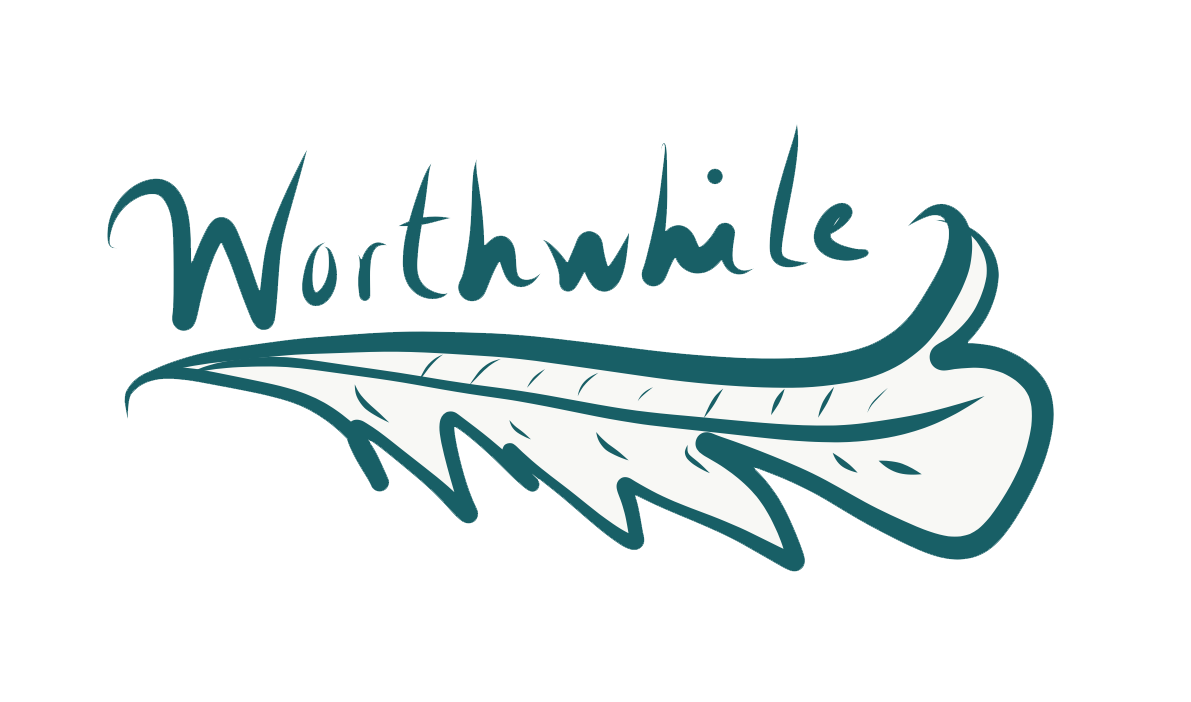Understanding Appraiser Neutrality: A Consumer’s Guide to the Importance of Working with USPAP-Compliant Appraisers
It recently came to my attention that there is still widespread confusion and misunderstanding about appraiser neutrality, one of the most crucial elements of professional ethics for appraisers. Clearly, this is a teaching moment. I’ve written this article as a resource to help explain to people who need appraisal reports as well as to the many experts in industries who rely on appraisers such as attorneys, wealth managers, and insurance professionals exactly what appraiser neutrality is and why it is central to our field as USPAP-compliant appraisers.
Assertions have been made and published as fact in major arts publications that there are no neutral appraisers. This is simply not true.
My neutrality as an appraiser preparing an impartial and unbiased appraisal report on the items I’m appraising is the key defining trait of my profession, implemented to protect consumers from being exploited by biased appraisers. Appraiser neutrality is also tightly regulated by the profession. The three major North American professional associations for appraisers (Appraisers Association, International Society of Appraisers, American Society of Appraisers) all require their members to obey this ethical requirement, and it is also extensively regulated through USPAP.
Public Domain Image from the Metropolitan Museum of Art’s Open Access Collection: Abraham Bosse (French, Tours 1602/04–1676 Paris), “Justice” etching from The Virtues (Les Vertus) series, published in 1636 by Herman Weyen (Flemish, died Paris, 1672), Sheet (trimmed): 2 15/16 × 1 7/8 in. (7.4 × 4.7 cm), The Elisha Whittelsey Collection, The Elisha Whittelsey Fund, 1951, Accession Number: 51.501.2276
USPAP is one of the least sexy but most important elements of being an appraiser. USPAP stands for the Uniform Standards of Professional Appraisal Practice. The way I pronounce it sounds like "yoose pap" but I don't really care how the acronym is pronounced as long as people know about it. The Appraisal Foundation linked here contains detailed information about the history and development of USPAP.
I work as what is called a "USPAP-compliant" appraiser, which means my professional activities are in compliance with the regulatory and ethical standards included in USPAP. Additionally, after I first took the 15-Hour USPAP class and passed the USPAP exam many years ago, I continue to take a required 7-Hour USPAP update class every two years to receive continuing education about changes to USPAP and retain my USPAP-compliancy.
These actions are not exceptional--they are considered the baseline standard for professional ethics in my field and my colleagues do this as well.
There are many different elements included in USPAP, but the one I want to highlight here is about appraiser neutrality. A USPAP-compliant appraiser must be impartial about the objects he or she is appraising. Each appraisal report a USPAP-compliant appraiser writes contains what is called a USPAP certification statement declaring the appraiser's neutrality. Wording can vary slightly between individual appraisers, but the suggested sentence included in the 2024 USPAP Manual (Standards Rule 8.3, lines 1658 and 1659) is "I have no bias with respect to the property that is the subject of this report or to the parties involved with this assignment."
I don't expect people who aren't appraisers to understand all the intricacies of USPAP, but I feel it is very important that the general public and especially art collectors and those in fields who rely on appraisers such as legal and insurance professionals be aware that USPAP exists and there is a vibrant community of USPAP-compliant professional appraisers who are committed to neutrality and ethical standards in our appraisal work.
About Sarah Reeder
Sarah Reeder, AAA, ISA CAPP is Co-Editor of Worthwhile Magazine and CEO of Artifactual History® Appraisal. Sarah is a Certified Member of the Appraisers Association of America and a Certified Member of the International Society of Appraisers with the Private Client Services Designation for working with high-net-worth individuals. She is author of the book Ray Eames in 1930s New York, Co-Host of The Art Elevator Podcast, and the creator of the online course SILVER 101: Quickly Learn How to Identify Your Sterling Silver and Silverplate to Find the Valuable Pieces and Sort with Empowered Confidence, available on-demand at https://artifactualhistory.teachable.com/p/silver-101. Sarah can be reached at https://www.artifactualhistory.com/ and @artifactualhistory


